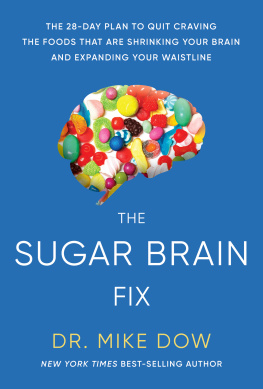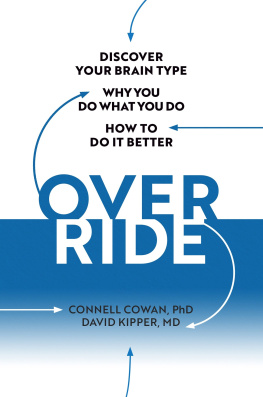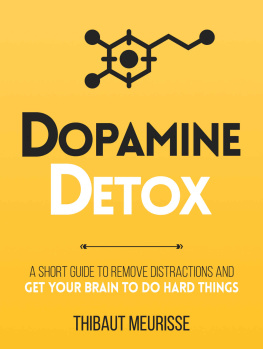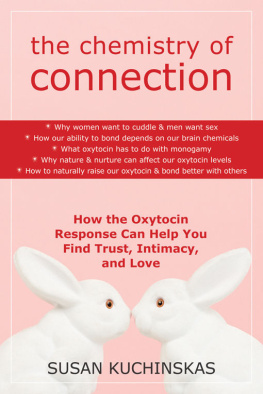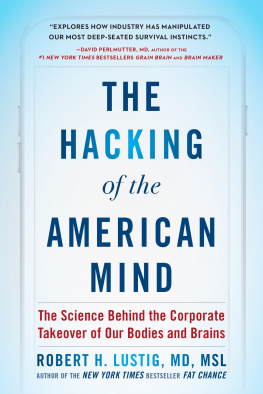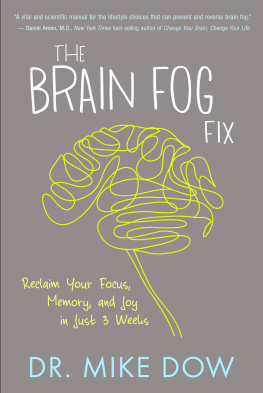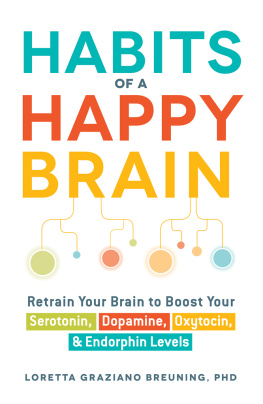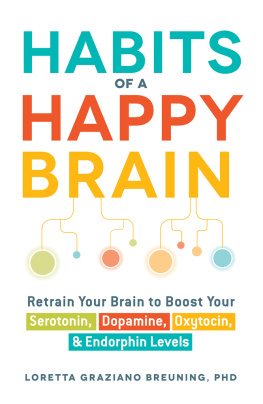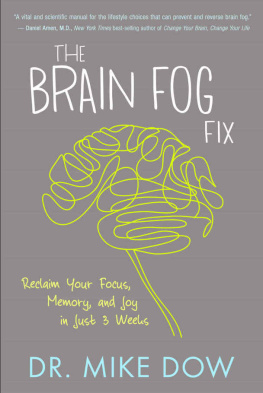Meet Your Happy Chemicals
Loretta Graziano Breuning, PhD

Loretta Graziano Breuning, PhD

more books by Loretta G. Breuning, PhD
Beyond Cynical
Transcend Your Mammalian Negativity
I, Mammal
Why Your Brain Links Status and Happiness
Greaseless
How to Thrive without Bribes in Developing Countries
free resources for this book at
www.MeetYourHappyChemicals.com
copyright 2012
Loretta Graziano Breuning
all rights reserved
third edition
978-1463790929
information and reproduction rights:



Happy Chemicals Turn Off So They Can Turn On
The feeling we call happiness comes from four special brain chemicals: dopamine, endorphin, oxytocin and serotonin. These happy chemicals spurt when your brain sees something good for your survival. Then they turn off, so theyre ready to spurt again when something good crosses your path.
Each happy chemical triggers a different good feeling. Dopamine produces the joy of finding what you seekthe Eureka! I got it! feeling. Endorphin produces the oblivion that masks pain often called euphoria. Oxytocin produces the feeling of being safe with others now called bonding. And serotonin produces the feeling of being respected by otherspride.
I dont see happiness this way, you may say. You dont think this in words because neurochemicals work without words. But you can easily see these motivations in your fellow man. And research shows that animals have these same basic neurochemicals doing the same basic jobs. As for yourself, its easy to believe that your verbal inner voice is your whole thought process, and ignore your neurochemical self.
Happy chemicals are controlled by tiny brain structures that all mammals have in common: the hippocampus, amygdala, pituitary, hypothalamus, and other parts collectively known as the limbic system. In humans, the limbic system is surrounded by a huge cortex. These two different brain systems are always working together, trying to keep you alive and keep your DNA alive. Each has its special job. Your cortex looks for patterns in the present that match patterns you stored in the past. Your limbic system releases neurochemicals that tell your body this is good for you, go toward it, and this is bad for you, avoid it. Your body doesnt always act on these messages because your cortex can override them. Then, your limbic system tries again. The cortex can over-ride the limbic system momentarily, but your mammal brain is the core of who you are.

2012 L. Breuning
Your brain rewards you with good feelings when you do something good for your survival. Each of the happy chemicals motivates a different type of survival behavior. Dopamine motivates you to get what you need, even when it takes lots of effort. Endorphin motivates you to ignore pain so you can escape from harm when youre injured. Oxytocin motivates you to trust others, to find safety in companionship. And serotonin motivates you to get respect, which expands your mating opportunities and protects your offspring.

2012 L. Breuning
The mammal brain motivates a body to go toward things that trigger happy chemicals, and avoid things that trigger unhappy chemicals. You can restrain yourself from acting on a neurochemical impulse, but then your brain generates another impulse. You are always using neurochemicals to decide what is good for you and what to avoid. Your cortex helps by directing attention and sifting information, but your limbic brain sparks the action.
We struggle to make sense of our neurochemical ups and downs because they dont come from verbal logic. They come from the operating system weve inherited from our ancestors. Once you know how the mammal brain works, your neurochemical ups and downs are easier to accept.
Happy chemicals did not evolve to be on all the time. They evolved to promote your survival. It may not seem that way because the mammal brain defines survival its own way. It relies on early experience, even though children cant understand survival realistically. And it cares as much for the survival of your genes as it does for your body.
This quirky brain complicates the business of being human. We have no choice but to work with the brain weve got. If you know how it works, you can get more happy chemicals from it, and avoid more unhappy chemicals.
Its foolish to think of your cortex as the good guy and your limbic system as the bad guy. You need both to make sense of the world around you. Your cortex sees the world as a chaos of detail until your limbic system labels things as good for you or bad for you. More important, your cortex cannot produce happy chemicals. If you want to be happy, you have to get it from your limbic system.
But your cortex and your limbic system are literally not on speaking terms. Thats because the limbic system cant process language. When you talk to yourself, its all in your cortex. The limbic system never tells you in words why it is spurting a happy or unhappy chemical. Animals accept their neurochemical impulses without expecting a verbal rationale. Thats why animals can help us make sense of our own brain chemicals. The goal here is not to glorify animals or primitive impulses. The goal is to understand our neurochemical ups and downs.

2012 L. Breuning
Its not philosophical happiness. His happy chemicals cause a state of arousal that releases energy for the hunt. Lions often fail in their hunts, and they choose their targets carefully to avoid running out of energy before they get to eat. So a lion is thrilled when he sees a gazelle close at hand. His dopamine surges, which revs up his motor to pounce.
A thirsty elephant is happy when he finds water. The good feeling of quenching his thirst triggers dopamine, which makes permanent connections in his neurons. That helps him find water again in the future. He need not try to learn where water is. Dopamine simply paves a neural pathway. The next time he sees any sign of a water hole, electricity zips down the path to his happy chemicals. The good feeling tells him here is what you need. Without effort or intent, happy chemicals promote survival.
But happy chemicals dont flow constantly. The lion only gets more happy chemicals when he finds more prey, and the elephant only spurts when he meets a survival need. In nature, there is no free happy chemical. Good feelings evolved because they get us to keep doing things that promote survival.
Next page

